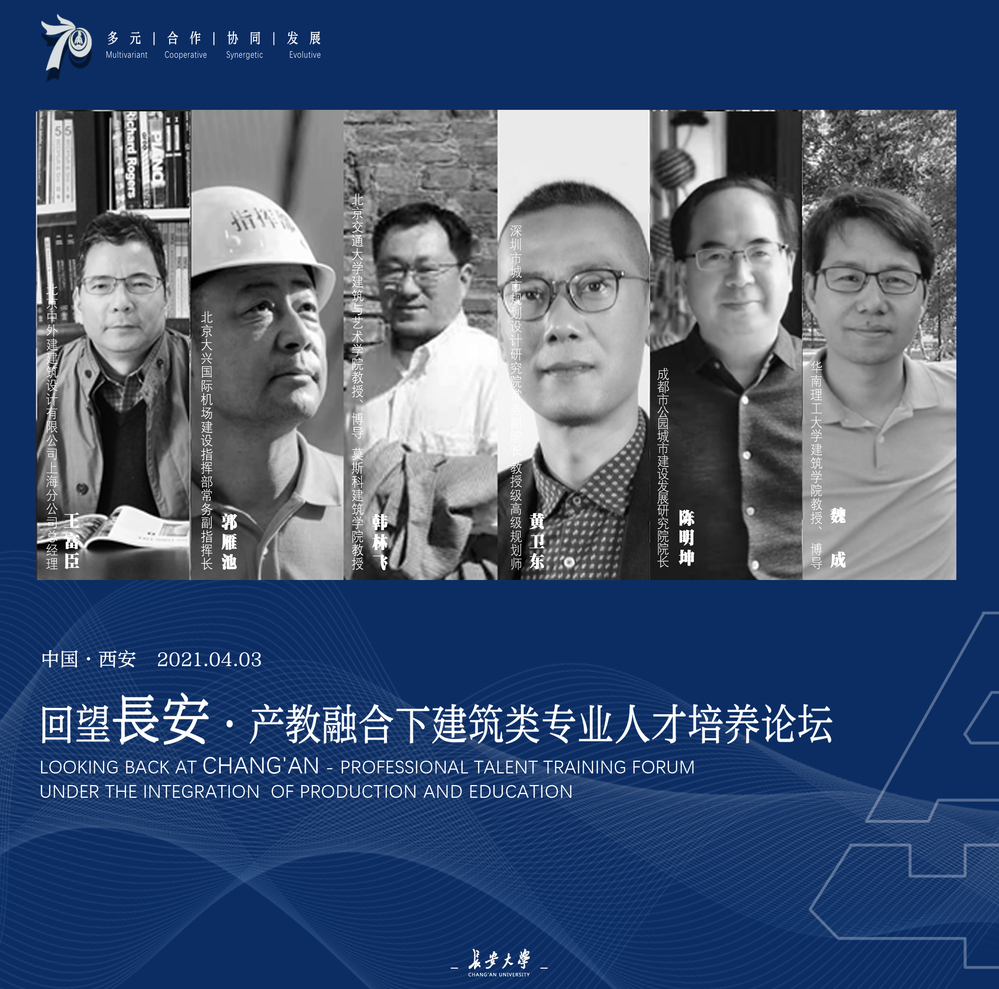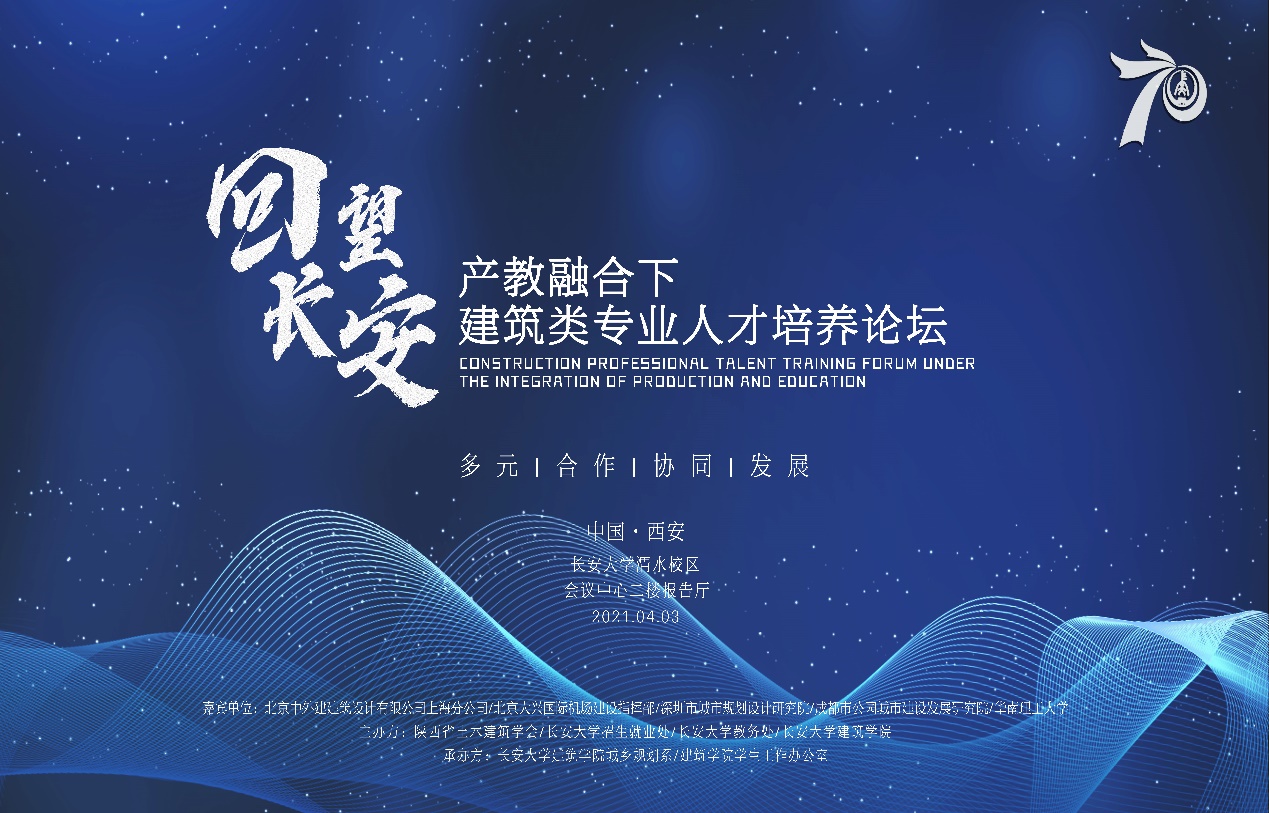
On April 18, 2021, Chang'an University will celebrate its 70th anniversary. The School of Architecture invites outstanding alumni, outstanding architectural higher education practitioners, and outstanding corporate representatives to gather in Chang'an to discuss student training, integration of practice and education, coordinated development, and seek a better future. It is hereby scheduled to hold the second session of "Looking back at Chang'an" - Architectural Professional Training Forum under the Integration of Practice and Education at the Weishui campus of Chang'an University on April 3, 2021.
This forum is one of the series of events celebrating the 70th anniversary of Chang'an University. In-depth discussions will be conducted on topics such as "the integration of professional education in architecture and industry development" and "exploration of diversified cooperation approaches for teaching, practice and research in the construction industry".
Date: April 3, 2021
Address: Lecture Hall on the second floor of the Conference Center, Administration Building, Weishui Campus, Chang'an University
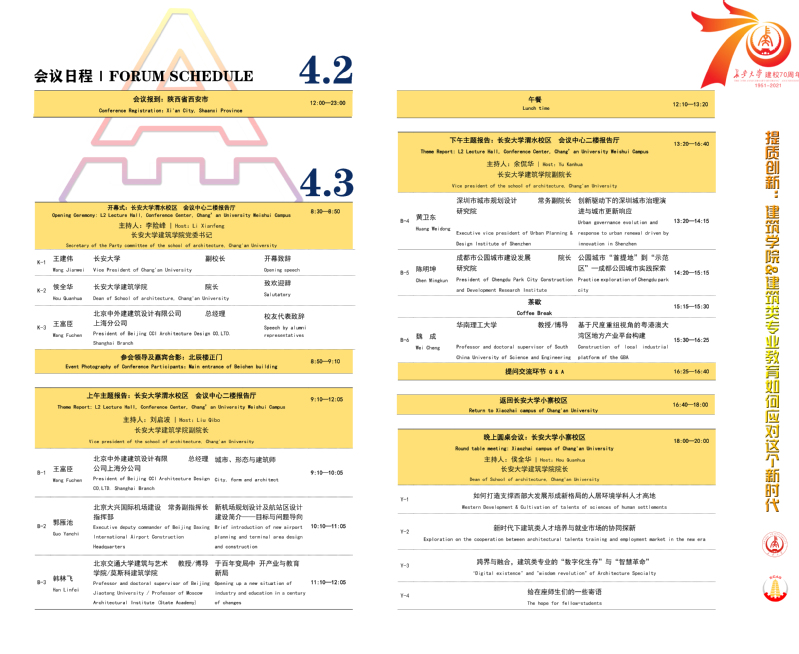
Guest Profile
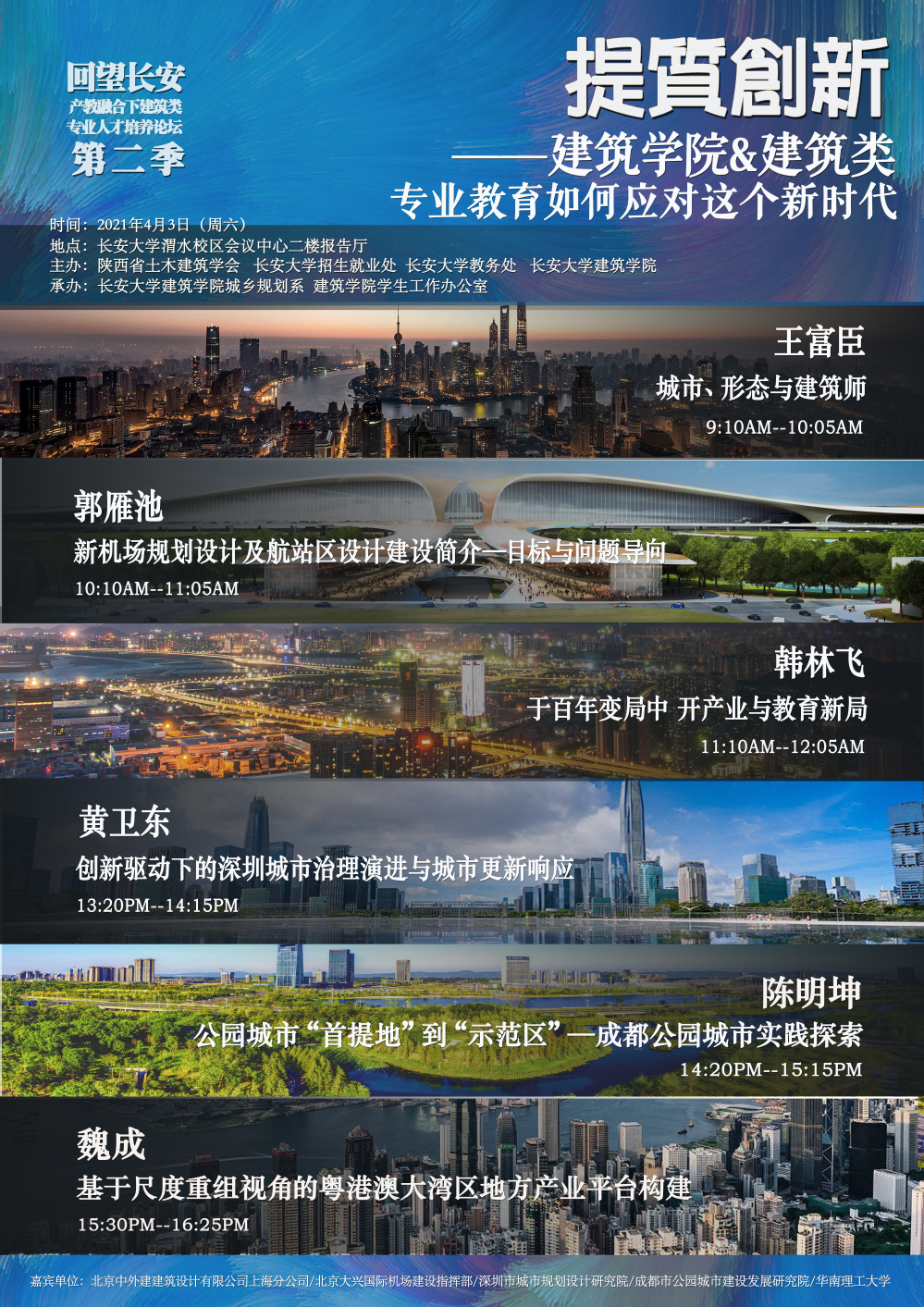
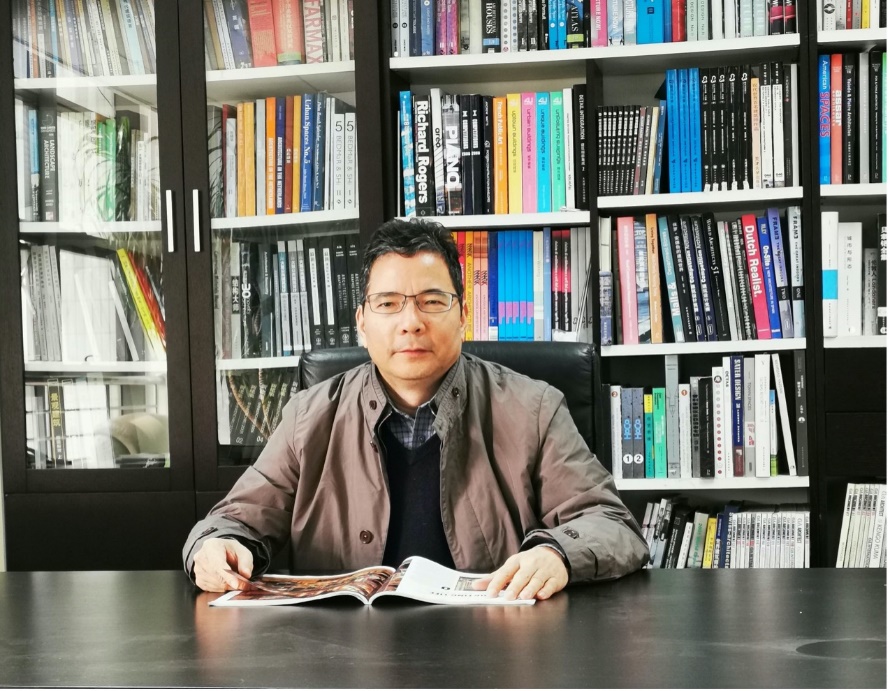
Wang Fuchen, Enrolled in 1981, Architecture
Topic: City, Form and Architect
In 1985, he graduated from the School of Architecture, Chang'an University (formerly Northwest Institute of Architecture & Engineering), majoring in architecture. In 1988, he got the Master of Architecture from Xi’an University of Architecture and Technology (formerly Xi’an Institute of Metallurgy and Architecture). In 2001, he got Ph.D. from College of Architecture and Urban Planning Tongji University. In 2012, he got the EMBA from China Europe International Business School of Shanghai Jiao Tong University.
He was former Director and Associate Professor of Architecture Teaching and Research Section, Department of Civil Engineering, Northwestern Polytechnical University. He was Post-doc in Urban Development Studies, School of Economics & Management, Tongji University. He served as Manager of Engineering Technology in Shanghai Municipal Engineering Construction Management Center. He was the Chief Architect in Shanghai Qingpu New City Construction and Development (Group) Co., Ltd.
He is currently the director of Beijing CCI Architectural Design Co, LTD. (BCCI) and the general manager of BCCI Shanghai Branch.
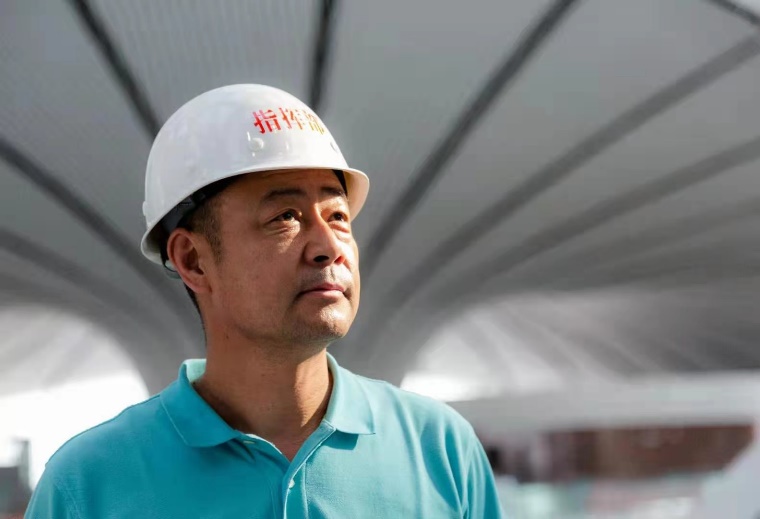
Guo Yanchi, Enrolled in 1983, Architecture
Topic: Goal and Problem Orientation: Introduction to the Planning and Design of the New Airport and the Terminal Area Design and Construction
In 1987, he graduated from the School of Architecture, Chang'an University (formerly Northwest Institute of Architecture & Engineering), majoring in architecture.
He used to serve as the Dean of the Civil Aviation Architecture Institute and the Chief Engineer of the Airport Construction Group.
He is currently the Executive Deputy Commander of the Beijing New Airport Construction Headquarters, Registered Architect, and Senior Engineer.
As the person in charge of design, he has presided over the completion of airport terminal design in Hohhot, Xi'an and Urumqi successively, and has rich experience in airport planning and design. In 2010, he joined and led the completion of the planning and design of Beijing Daxing International Airport and the construction of the terminal area, overcoming many world-class problems and achieving many innovative results.
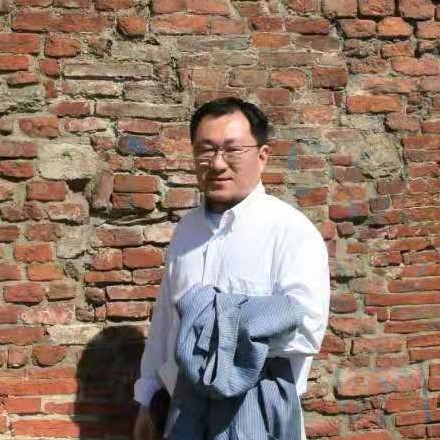
Han Linfei, Enrolled in 1987, Architecture
Topic: Development of Real Estate Industry and Education in a Century of Change
In 1991, he graduated from the School of Architecture, Chang'an University (formerly Northwest Institute of Architecture & Engineering), majoring in architecture. In 1994, he got the Master of Urban Planning and Design from School of Architecture, Tsinghua University. In 1998, he got Ph.D. from the Moscow Institute of Architecture (Russia), majoring in architecture, and majoring in urban economics from the Institute of Economics of the Russian Academy of Sciences. In 1999, He was Post-doc in the Department of Urban and Environmental Sciences, Peking University, majoring in physical geography.
He used to be an architect at the Institute of Architectural History of the China Academy of Building Technology. He was associate professor in Moscow Institute of Architecture (Russia). He served as senior architect in OMA. He once got French Presidential Scholarship and was the senior planner at AREP. He used to be the dean and professor of the Department of Urban Planning, Beijing University of Technology.
He is currently Professor and Ph.D. Supervisor in the School of Architecture and Art, Beijing Jiaotong University. Also, he is professor in Moscow Institute of Architecture (Russia). At the same time, he serves as Adjunct Professor in University of Southern California, Polytechnic University of Milan and University of Cincinnati.
In more than 20 years of work, he has published more than 20 monographs and translations, and published more than 100 papers in authoritative professional journals at home and abroad, such as "World Architecture Travel Map: Russia", China Construction Industry Press, 2021, "Architecture and Abstract Painting" Beijing Jiaotong University Press, 2018, etc. Representative scientific research projects and design practices include the 2015 National Natural Science Foundation project "Research on the relationship between China residential building sunshine standards, residential environment improvement, land intensive use and urban ecological benefits", and the 2011 Russian Academy of Sciences, Russian International Science Foundation project “Research on the Housing Policy of Low- and Middle-income People in Beijing and Moscow" etc. Representative project works include the conceptual design of the Chongqing East Railway Station Building and Supporting Comprehensive Transportation Hub in 2019, and the 2017 landscape design of Jianglong Town Canyon in Zhenning County, Anshun City, Guizhou Province, etc.
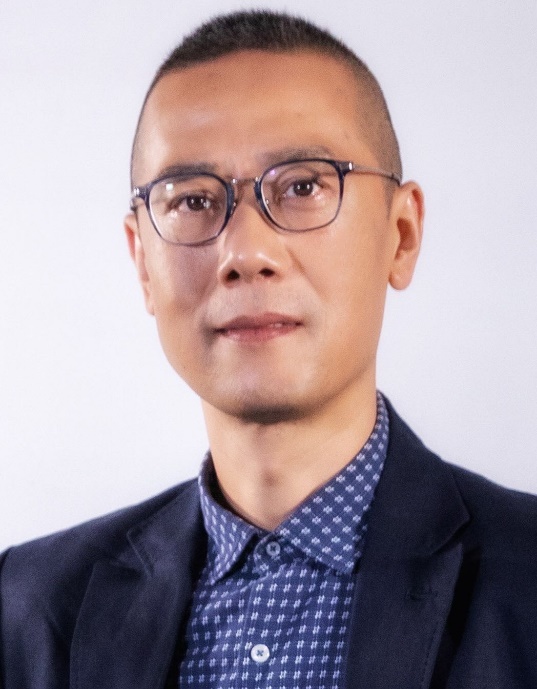
Huang Weidong, Enrolled in 1988, Urban and Rural Planning
Topic: Shenzhen's Urban Governance Evolution and Urban Renewal Response driven by Innovation
In 1992, he graduated from the School of Architecture, Chang'an University (formerly Northwest Institute of Architecture & Engineering), majoring in Urban and Rural Planning.
He is currently a professor-level senior planner, executive vice president, and technical director of Urban Planning & Design Institute of Shenzhen. He serves as deputy chairman of the Urban Renewal Academic Committee, Urban Planning Society of China. Also, He is an expert of the Xiongan New District Planning Review Group.
He has long been committed to exploring the planning concepts and technical methods of humane cities, and actively advocates comprehensive urban planning solutions involving multidisciplinary participation. He has presided over the preparation of a number of major planning and research topics for Shenzhen and local governments, mainly Qianhai Shenzhen Comprehensive Planning of Modern Service Industry Cooperation Zone (2013), Technical Regulations of Shenzhen Urban Renewal Unit Planning (Trial, 2012), etc. He has won many provincial, ministerial and national excellent planning and design awards. For example, “Comprehensive Planning of Qianhai Shenzhen-Hong Kong Modern Service Industry Cooperation Zone” won the first prize of 2013 Guangdong Province Excellent Urban and Rural Planning and Design Award, “Shenzhen Greenway Network Special Planning” won the second prize of the 2012 China Construction Science and Technology Award and the first prize of the 2011 National Outstanding Urban and Rural Planning and Design Award.
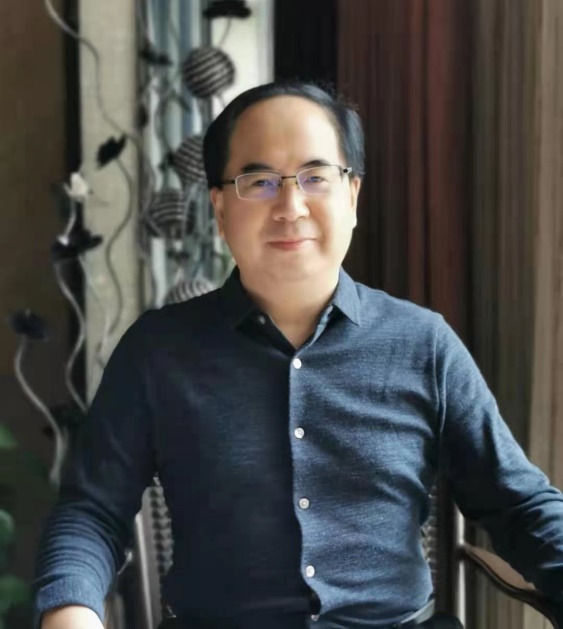
Chen Mingkun, Enrolled in 1992, Urban and Rural Planning
Topic: Park City's "First Place" to "Demonstration Zone" : Practical Exploration of Park City in Chengdu
In 1996, he graduated from the School of Architecture, Chang'an University (formerly Northwest Institute of Architecture & Engineering), majoring in Urban and Rural Planning.
He is currently the Dean of Chengdu Park Urban Construction and Development Research Institute, a professor-level senior engineer, and a national registered urban planner. He is the Director and an expert of Chinese Society of Landscape Architecture. Also, he is the Executive Vice Chairman and Secretary-general of the Chengdu Society of Landscape Architecture.
In recent years, he presided over the Ministry of Housing and Urban-Rural Development “Guidelines for the Planning and Design of the National Urban Green Space for Disaster Prevention and Avoidance”, “Evaluation Criteria for Ecological Garden City in Sichuan Province”, “Chengdu City Green Space System Planning”, “Chengdu Park City Construction Implementation Plan”, “Huachongjinguan city planning”, “Layout Planning of Urban Forestry in Tianfu New District Parks”, “Research on the Strategy of Beautiful Livable Park City and Landscape Architecture”, “Western Sichuan Gardens, Western Sichuan Forest Plates - The Treasures of Tianfu Hidden in the Boudoir”, “New practice New scene New life - Chengdu's beautiful and livable park city construction” and dozens of key planning, design, research, and guideline formulation. He has won more than 30 national, provincial and municipal science and technology progress awards and excellent planning and design awards. As the main expert of Chengdu Park City Construction and Development Research Platform, he has made more than 20 reports on park city exchanges both at home and abroad.
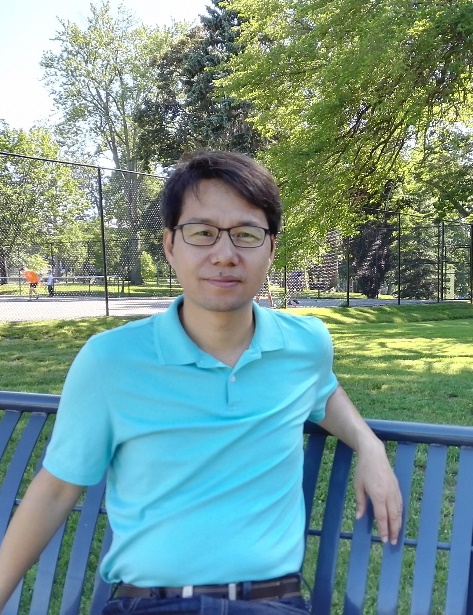
Wei Cheng, Enrolled in 1992, Urban and Rural Planning
Topic: Construction of a Local Industry Platform in the Guangdong-Hong Kong-Macao Greater Bay Area from the Perspective of Scale Reorganization
In 1996, he graduated from the School of Architecture, Chang'an University (formerly Northwest Institute of Architecture & Engineering), majoring in Urban and Rural Planning. In 2004, he got the Master of Urban Planning and Design from School of Architecture, South China University of Technology. In 2007, he got Ph.D. from the School of Geography and Planning, Sun Yat-Sen University, majoring in Human Geography.
He is currently Professor and Ph.D. Supervisor in the School of Architecture, South China University of Technology and State Key Laboratory of Subtropical Building Science.
His main research directions are urban and regional development strategies, urban and rural planning theories and systems, and traditional settlement heritage protection. He presided over 2 major projects of the National Science and Technology Support and Special Projects, 1 National Social Science Fund, 1 Humanities and Social Science Fund of the Ministry of Education. Also, he published 2 monographs, participated in the editing of 9 books and textbooks, and published more than 60 papers. He presided over and participated in more than 100 urban and rural planning practices.
